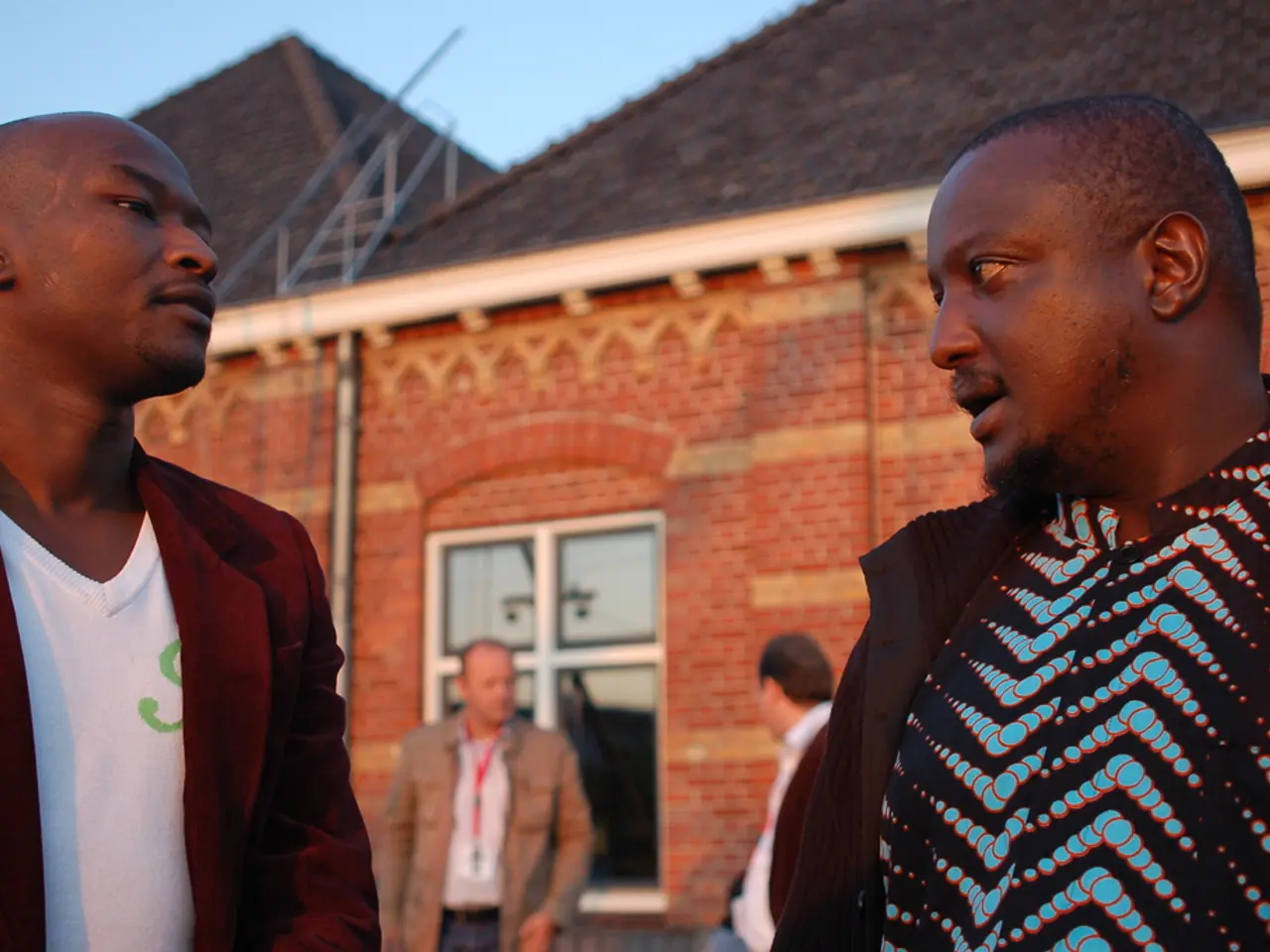Alert sounded by EACC concerning delays in justice and resource shortages in the anti-corruption battle
The Ethics and Anti-Corruption Commission (EACC) has called for urgent reforms to Kenya's justice and anti-corruption systems, citing challenges that hinder the Commission's ability to deliver justice effectively.
EACC Chairperson David Oginde highlighted the need for adequate funding, political goodwill, and informed public participation to address corruption. He emphasized that these efforts will only be effective with adequate investment in judicial infrastructure, personnel, and technology.
Legal proceedings in Kenya are notoriously slow, causing growing disillusionment among Kenyans. To address this issue, the EACC welcomes ongoing legal reforms, including a proposed new law aimed at shortening the time it takes for corruption cases to be heard and determined.
The Commission also supports the Judiciary's initiative to expand specialized anti-corruption courts beyond Nairobi. This expansion is expected to expedite the hearing and determination of corruption cases.
However, the EACC struggles with limited human and financial resources, particularly with only 11 regional offices nationwide. To overcome this challenge, stakeholders call for stronger civic engagement, including grassroots-level citizen audits to track how public funds are utilized.
Patrick Nyangweso, CEO of the National Taxpayers Association (NTA), advocated for the full implementation of e-procurement to eliminate fraud and inefficiencies in government spending.
In the Financial Year 2023/2024, the EACC submitted 126 investigation files to the Office of the Director of Public Prosecutions (ODPP) with recommendations for prosecution. Despite numerous investigations and arrests, convictions remain few and far between, according to Dr Oginde.
Dr. Oginde decried the public's lack of awareness about the real cost of corruption. Many Kenyans fail to connect poor service delivery such as bad roads, drug shortages, or overcrowded classrooms, to the theft and misuse of public funds.
Prof. Elizabeth Kalunda Muvui criticized the widespread neglect of audit committee reports at both the national and county levels. Many audit committee reports, despite having qualified professionals and credible findings, are routinely ignored.
The EACC cannot win the war on corruption alone. Greater synergy is needed between accountability institutions. The Commission emphasizes the importance of collaboration and cooperation to effectively combat corruption.
Recently, the EACC filed 47 new civil suits targeting the recovery of assets worth approximately Sh9.2 billion. These efforts demonstrate the Commission's commitment to recovering stolen public funds and bringing corrupt individuals to justice.
Oginde emphasized growing frustration among Kenyans over the slow pace of justice in high-profile corruption cases. The EACC's calls for reform are a response to this frustration and a commitment to delivering justice more effectively.
Read also:
- Tobacco industry's suggested changes on a legislative modification are disregarded by health journalists
- Uncovering Political Ad Transparency: A Guide to Investigating opponent's Political Advertisements in the Digital Realm
- Elon Musk praises JD Vance's debate performance against Tim Walz
- Right-wing Israeli minister supports controversial plan for West Bank settlement expansion








